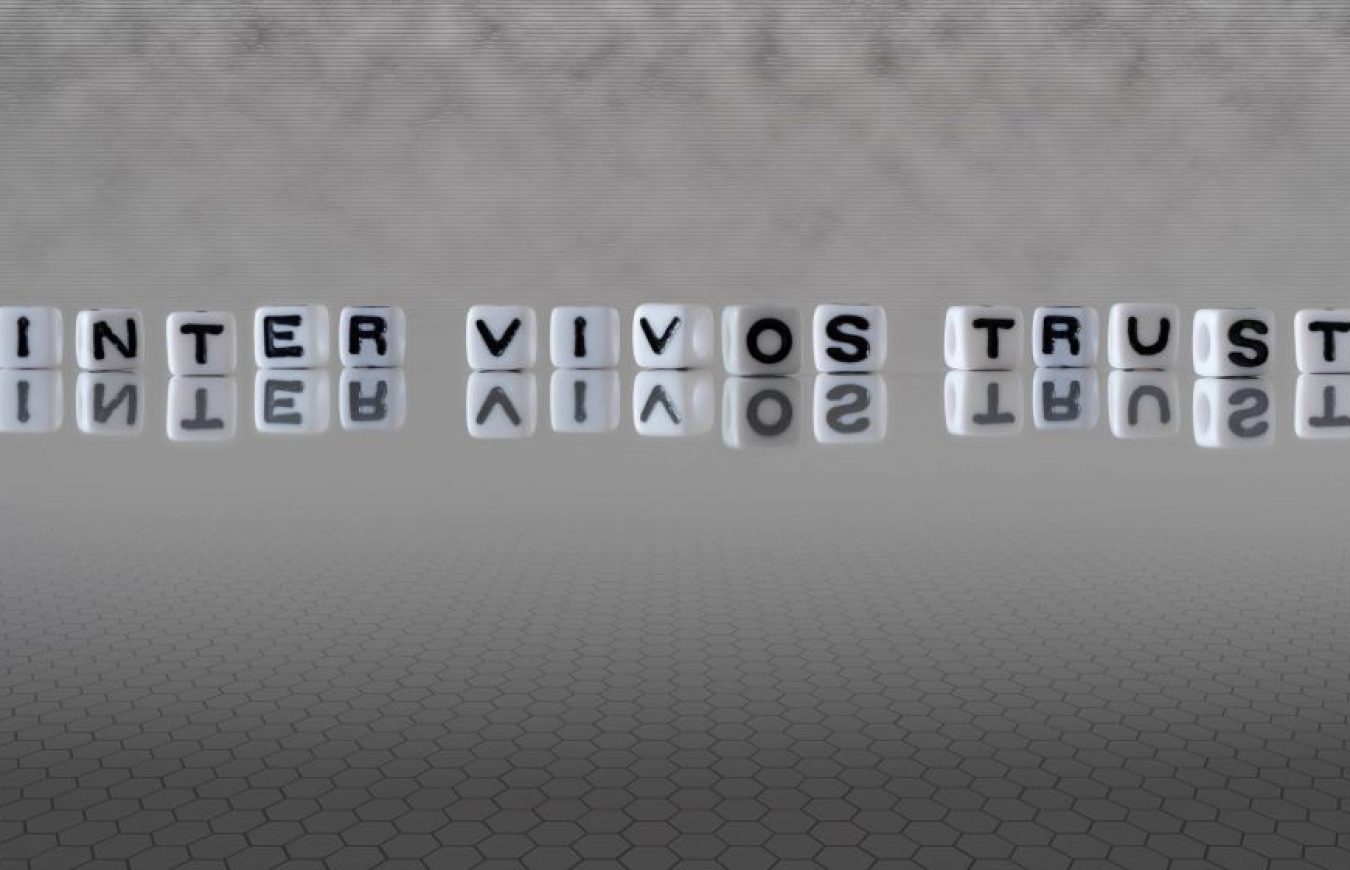What is an Inter Vivos Trust?
Inter vivos trusts, also known as living trusts, are created during the grantor’s lifetime. Inter vivos means “between living people”. The alternative to them is a testamentary trust, which is created at the grantor’s death.
Inter vivos trusts can be either revocable or irrevocable. Moreover, these powerful estate planning documents offer numerous benefits, such as privacy, flexibility, and avoidance of probate. In this guide, we explore their intricacies, exploring their purpose, structure, and advantages.
Purpose and Structure:
An inter vivos trust is established during the grantor’s lifetime and holds the assets for the designated beneficiaries. Staying true to their name, these trusts become effective immediately upon creation. Whereas, testamentary trusts are created through a will and take effect upon the grantor’s will being admitted to probate.
Typically, the trust is structured with the grantor naming themselves as the initial trustee and beneficiary. This allows them to retain control over the assets while also having the right to use them for their benefit. Additionally, successor trustees are named in the case of grantor incapacity or death. Also, contingent beneficiaries are named for after the grantor has passed away. These beneficiaries can be amended or changed for as long as the grantor is alive.
Advantages of Inter Vivos Trusts:
- Probate Avoidance: The primary benefit of inter vivos trusts is the avoidance of probate. It will ensure that you bypass the cost and time of probate proceedings. This enables a faster and more efficient transfer of assets to beneficiaries while maintaining privacy and preserving wealth.
- Asset Protection: Irrevocable versions can shield the assets held within it from creditors, legal claims, and Medicaid. Additionally, the assets can be protected from divorcing spouses in the case of beneficiaries. This advantage can be particularly advantageous where the grantor has concerns about potential liabilities or lawsuits.
- Privacy: Wills must be probated before they become effective. The probate docket is a public record which is easily accessible to anyone with internet access. The trust does not become a part of the public record because it bypasses probate.
- Flexibility and Control: Inter vivos trusts provide the grantor with a significant amount of flexibility and control over their assets. The grantor can specify detailed instructions regarding how assets should be managed and distributed during their lifetime and after their passing.
- Tax Sheltering: Joint inter vivos trusts between married couples can provide significant tax saving opportunities. A credit shelter share can allow spouses to combine their Massachusetts estate tax exemption which would otherwise be lost. This can result in hundreds of thousands of dollars in tax savings for the family.






